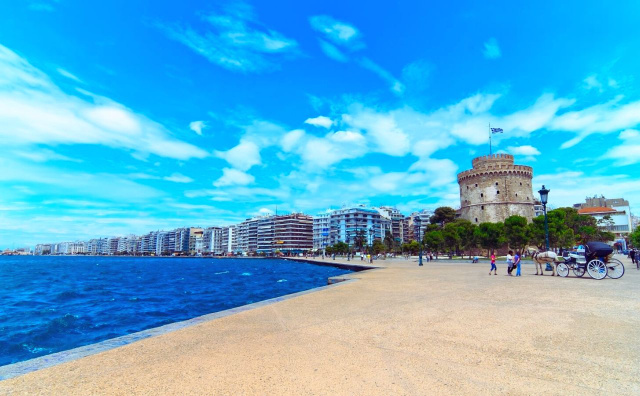Despite initial expectations, the entry of Bulgaria and Romania into Schengen has not led to an increase in tourist numbers in Northern Greece, BNR reports, citing Greek travel agencies. The simplified border crossing has not brought the anticipated boost in visitor traffic, and industry representatives point to another major factor deterring travelers: the high prices of tourist services.
In Thessaloniki, hotel owners say the overall drop in tourist numbers in July may also be partially due to the extreme heat during the month. In the region of Pieria – often referred to as the “Greek Riviera” – the number of visitors has remained roughly consistent with last summer, showing neither significant decline nor growth.
Halkidiki, one of the most popular destinations for Balkan tourists, recorded an 85% hotel occupancy rate in July. While this figure is slightly below last year’s levels, it still indicates strong demand. Italians and Germans appear to have increased their presence in the area this season, whereas the number of British holidaymakers has declined. Bulgarian and Romanian tourists continue to visit in similar numbers as before, with no notable change since the Schengen accession. However, preliminary bookings suggest that August may perform significantly better.
One of the key concerns discouraging some long-time vacationers from returning to Halkidiki is the rising cost of accommodation and services. Even tourists who have regularly spent their summers there for the past two decades are starting to opt out. In addition to financial concerns, many complain of ongoing infrastructure problems in smaller establishments – such as unreliable water supply and frequent power outages. These issues are largely absent in the high-end, five-star resorts, which are reportedly near full capacity despite premium pricing. In contrast, smaller hotels struggle not only with basic utilities but also with filling their rooms amid growing dissatisfaction.
